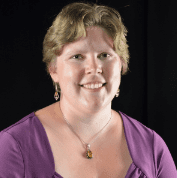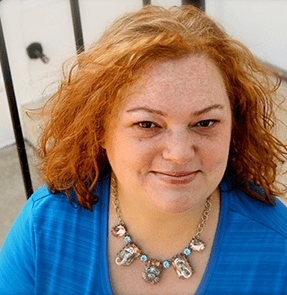 By Michelle Van Loon, www.MomentsAndDays.org
By Michelle Van Loon, www.MomentsAndDays.org
Last week in this space, I wrote about a flawed Proverbs 31-focused approach one congregation took when they decided to rethink their ministry to women. Even as I raised concerns, I noted that I’ve been enriched by time spent in prayer, study, fellowship, worship, and service with women’s-only groups.
Do these single-gender groups reflect who the Church is? Paul highlighted diversity within the Church, even as he reminded us that there is one Savior for all: “There is neither Jew nor Gentile, neither slave nor free, nor is there male and female, for you are all one in Christ Jesus.” (Galatians 3:28) Even so, there are specific gender-related discipleship instructions in Paul’s letters (for instance, here).
As the purpose of women’s ministry has received new attention in recent weeks, I’ve been reflecting on both gifts and lumps of coal I’ve received as a result of participation in various women’s ministry efforts over the years. As a good chunk of the audience for my writing and speaking is female, I want to ensure I am contributing to the call to make disciples, rather than creating church-y busywork for women.
Women’s ministry has been a gift to me in three specific ways:
Fellowship – Certainly there is no gender restriction on the familial comradeship flowing from our connection to our Head, Jesus. However, the “women’s only” groups of which I’ve been a part have helped me learn how to be a sister both to other women and to my brothers in the Body of Christ.
The healthiest women’s groups of which I’ve been a part over the last four decades reflect the kind of “one anothering” care described in Scripture. I’ve experienced fellowship among women-only groups via involvement in practical care (casserole-toting and assistance with childcare when a church member is ill), in shared service to the extended community (believing women staffing the local Crisis Pregnancy Center or becoming a band of sisters in order to advocate for victims of human trafficking), in prayer (gathering to intercede for prodigals, for pastors, for congregational needs), and in coming together for study or conversation.
Experience – I have been enriched by the unfiltered stories of other women as I’ve navigated everything from post-partum sexuality to toddler toilet training to the disconcerting echo of a newly-empty nest. I can and have accessed the experiences of other women via online forums or in non-sectarian settings. But in the context of the Church, I’ve discovered in the community of other women how these life experiences can shape my life as a female follower of Jesus. Other women’s stories have comforted me and confronted me, and have empowered me to share my own stories with others.
Friendship – Out of fellowship and shared story, I’ve found a few meaningful female friendships at Church. The best of these relationships have continued across time, congregational affiliation, and geographic location. Female friendships have been little sanctuaries in my life in far different ways than have the friendships I’ve formed with men over the years. There are subjects – and frank ways of talking about those topics – that I am far more comfortable discussing with another trusted believing female friend.
Women’s ministry efforts at the various churches I’ve attended have also delivered some pretty big lumps of coal. The toxic women’s ministry efforts have threatened to turn me off on the whole enterprise. If the congregation is unhealthy, women’s ministry will reflect that. In my experience, unhealth in church-based women’s formation efforts tends to show itself first either via a Christian version of fear-based peer pressure (“All good Christian women home school/sell essential oils/—fill in the blank—; if you want to be a good Christian woman like us you’d better shape up quick!”) or in clique-y interpersonal dynamics. A clique is an ersatz form of fellowship. The relational drama diminishes the possibility that good teaching will flourish, leaders will develop, or that it’ll be safe for anyone to be honest about who they are.
I’m curious, female Jesus Creed readers. What gifts (if any) has women’s ministry brought into your life? Or has your experience with women’s ministry been all negative?













